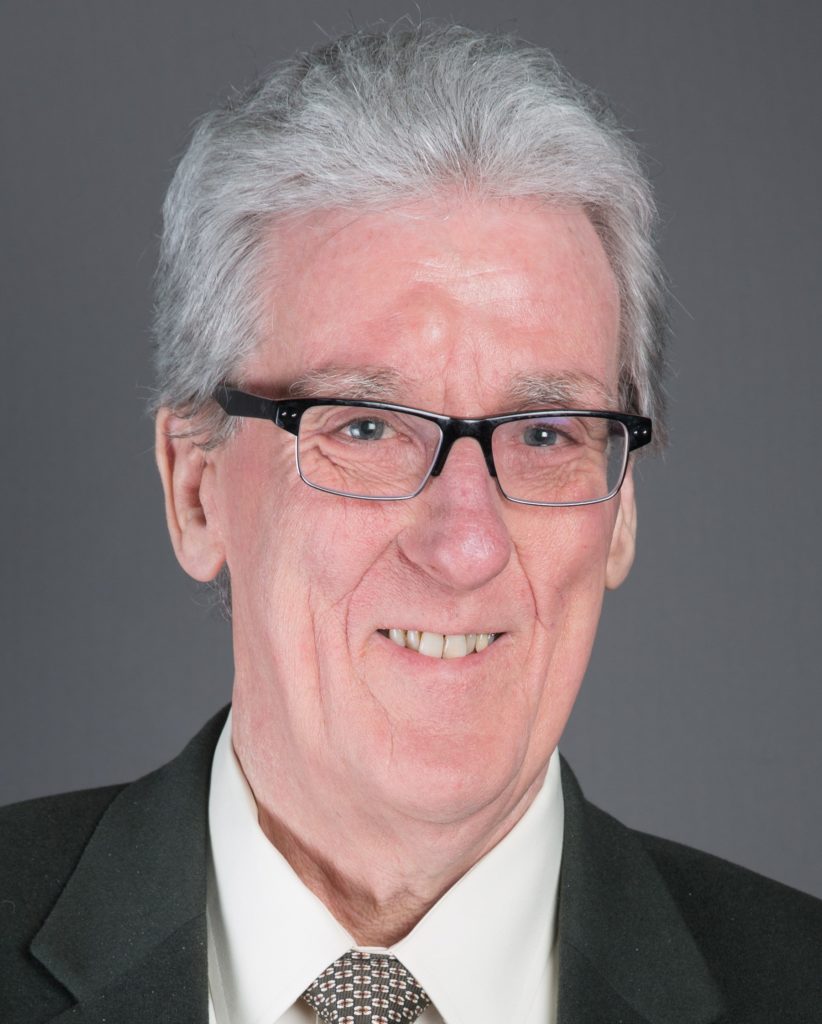A new statewide mediation program in Michigan – likely the first of its kind in the United States – offers free mediation as an alternative to court intervention in mental health cases involving individuals who qualify for community mental health services. Michigan Behavioral Health Mediation Services realizes part of the longtime vision of State Court Administrator Emeritus Milton Mack, Jr., who recently spoke with RSI about the program.

“Typically a family member feels someone needs help, and the person is refusing help,” Judge Mack, who also chairs the Michigan Governor’s Mental Health Diversion Council, explained. “So they go to the courthouse and ask the court to schedule a hearing on ordering this person to get help. What this process does is it says, OK, before we get to the point of the judge ordering you to receive treatment, we’re going to send you into mediation and see if you can work this out without a court order.”
Oakland Mediation Center (OMC), in Bloomfield Hills, Michigan, developed the mental health mediation program in partnership with the Michigan Community Mediation Association. It kicked off in September 2021 and is funded by a grant from the Michigan Department of Health and Human Services. OMC connects participants with their local community dispute resolution center for mediation. In addition to the subject of the mediation, the petitioner and the (volunteer) mediator, participants may include the subject’s attorney and community mental health providers. Mediators for the program complete advanced behavioral health-specific mediation training, as well as Michigan’s usual state-required mediation training.
Legislation Facilitated Changes
Changes to Michigan law in 2018 helped make mediation an option, said Judge Mack, who first advocated for mental health mediation in 2004, as a member of the Governor’s Mental Health Commission. Under the prior statute, a judge couldn’t order a person to outpatient treatment until they had been involuntarily hospitalized twice or incarcerated twice, by which point their illness had progressed significantly. Additionally, a trial had to be scheduled within seven days of a petition being filed, which left little time to schedule mediation. Under the new law, a family member can petition the court to order an individual to undergo outpatient treatment, and a hearing must be scheduled within 28 days – a much more realistic timeline for scheduling mediation. Furthermore, Judge Mack said, this earlier intervention makes it more likely that people get treatment in community, and do so while able to function at a higher level than if treatment waited.
“Getting in early is your greatest opportunity,” said Judge Mack. “When you’re in a psychotic state, you’re steadily going downhill … The longer you wait, the harder it is to get back to baseline.”
So far, the program has mediated five mental health cases, with three reaching resolution and a fourth reaching partial resolution. Petitioners cannot request mediation; only the subject of the mediation or their attorney may do so.
New Ground for Courts
Buy-in has been a challenge, Judge Mack said, because the concept of mental health mediation is very unfamiliar territory for courts. As one way to overcome this, he will be leading trainings for attorneys on the program in mid-August, starting in Wayne County, Michigan, where he was previously a probate judge. A longtime proponent of mediation for cases of all types, he said attorneys will be instructed to request mediation in eligible mental health cases as a rule, noting: “When I instruct the lawyers next week, I am going to explain to them: One of your duties is, when you get this assignment, you immediately consider requesting mediation; that is the expectation of the court.”
While acknowledging that for other states to replicate this program they might need to enact legislation, Judge Mack’s advice to courts in the meantime is that they look for situations where the timeframe is not an impediment to mediation. Additionally, he suggested, “I would say watch us here in Michigan prove the concept. Our process of having a system of early intervention and keeping people out of the hospital I think has got promise.”

